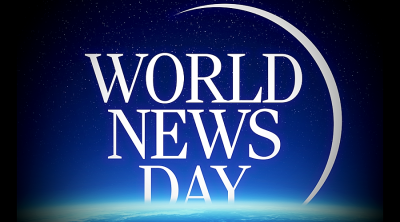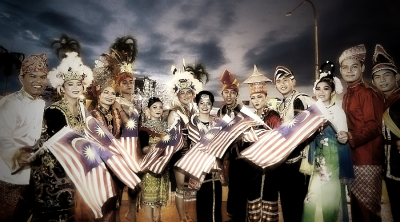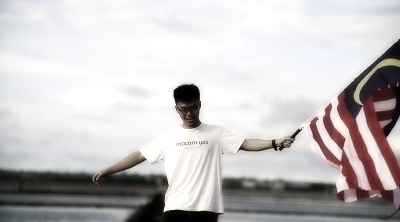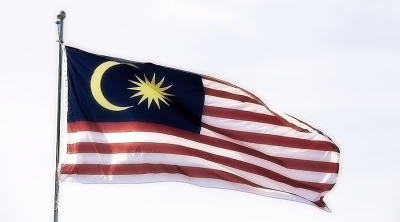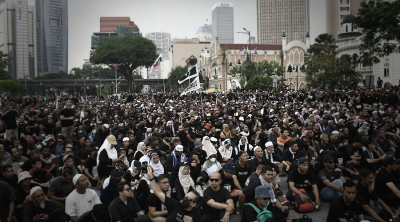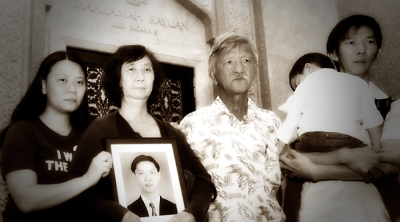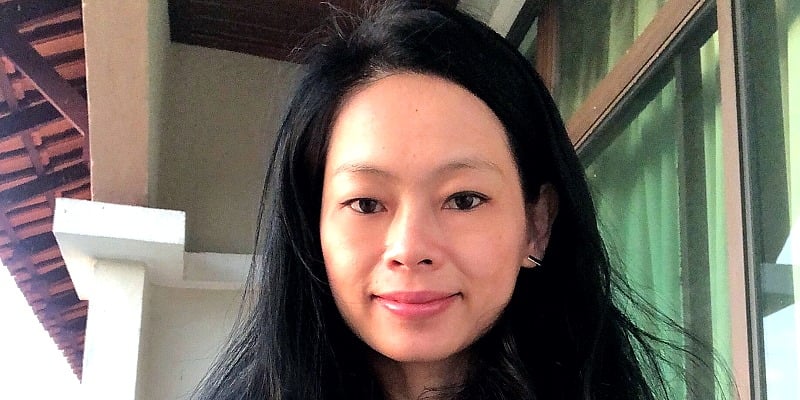
Some governments have had more tremendous success than others in dealing with the COVID-19 pandemic is a complex question involving different views and debates.
We have seen the success stories of some countries, among others, New Zealand and Taiwan.
One thing similar in these countries is the trust issue. On the one hand, the citizens trust their leaders, and on the other hand, those leaders operate as a competent state.
COVID-19 can negatively affect citizens’ confidence in political institutions, and trust in leaders can be significant.
Linking to that, this column aims to discuss the impact of the COVID-19 on the future of Malaysian politics, focusing on generational politics between the old and young that has begun to be even more apparent than before.
Malaysian politics since the hit of COVID-19 in early 2020 do not only pose a challenge in public health.
The political situation has been futile since then with the abrupt change of government from Pakatan Harapan (PH) to Perikatan Nasional (PN) to the current administration of Ismail Sabri.
These abrupt changes to our political scene do not do us any good in how it has impacted the people’s political behavior and attitude towards the system.
There has been much talk about the upcoming 15th General Election (GE15) that will be held by July 2023.
While some politicians have voiced that they are ready to face the GE15, some have a reservation, and some have used COVID-19 as a reason.
There are different phases of success and failure in how Malaysia manages the pandemic.
The current situation can be somehow considered as has improved much, especially with our high vaccination rate compared to many neighboring countries, including countries in other regions.
How will the COVID-19 impact the GE15? How about the issue of generational politics with the rise of the youths in politics and the Undi18? The COVID-19 is expected to have implications for different groups.
The discussion on the political fatigue and distrust of the system was already ongoing way before the hit of COVID-19 in Malaysia.
As observed, the COVID-19 has triggered people to engage with alternative forms of political actions – including participating in demonstrations and signing petitions.
These actions are done not only by the activists but people from all levels of society.
Some of the instances are the #Lawan movement, mainly driven by the youths.
We should not ignore that the effect of the pandemic experience on the young generation may fundamentally change the way they perceive and engage with politics.
We often hear such statements that young people in Malaysia are not interested in politics. Some claim that this reflects a broader crisis of legitimacy that Malaysia needs to deal with.
I do not entirely agree with that. Perhaps the right way to put it is that they are being alienated from politics to some extent.
While some groups appear to be skeptical of the way the Malaysian political system is organized and led.
We should not ignore that there are also groups that feel action is required to make changes.
The Undi18, for instance, would have a huge role to play where the young generation gets to vote for the first time.
Furthermore, the nature of politics is changing, with a transformation of political activity away from conventional participation and towards a more different style of politics utilizing the social media platforms such as Twitter.
Today’s young people are interested in political affairs but distrustful of those elected to positions of power and charged with running the political system.
Can the alternative from the civil society groups such as the Gerak Independent movement or Malaysian United Democratic Alliance (MUDA) be sufficient to add flavor to our almost stagnant politics?
The political competition will undoubtedly intensify, given the latest developments in Malaysian politics.
This raises multiple questions: How will the other political parties react towards the so-called third force? How would the public view them and will they be able to win votes?
Nowadays, one buzzword is “inclusion”. What does it mean by inclusion?
In a simple term, it means no one should be excluded. It is a known word, but the reality is they rarely go beyond platitudes about dialogue and collaboration. It is time for systemic and structural changes.
There is undoubtedly wide gaps in how different generations view politics.
Opportunities and trust need to be given to the young generation should we wish things change. At the same time, the young generation also needs to be flexible in meeting the changes and be open.
In my opinion, it should always be a mix of both to close the gap of generational politics. What is more important is for them to have mutual respect.
Young people can bring fresh, contemporary ideas to the discourse while ole people can add their experience.
Moving forward to the GE15, I believe a balance of young and old will always be good for the country, provided the two groups could be open to each other for mutual goals for the betterment of our country.
(Khoo Ying Hooi is Universiti Malaya Senior Lecturer.)
ADVERTISEMENT
ADVERTISEMENT






